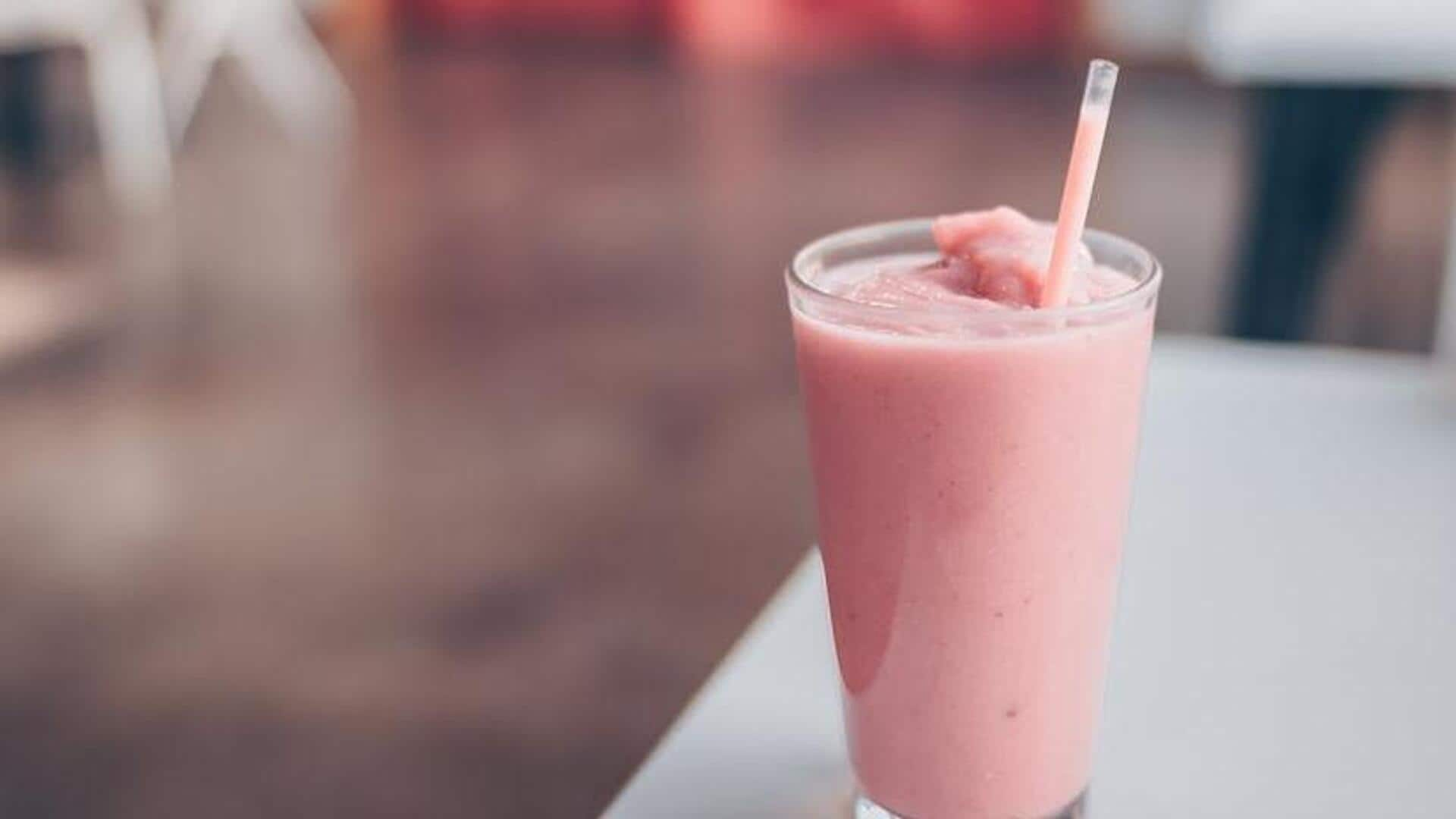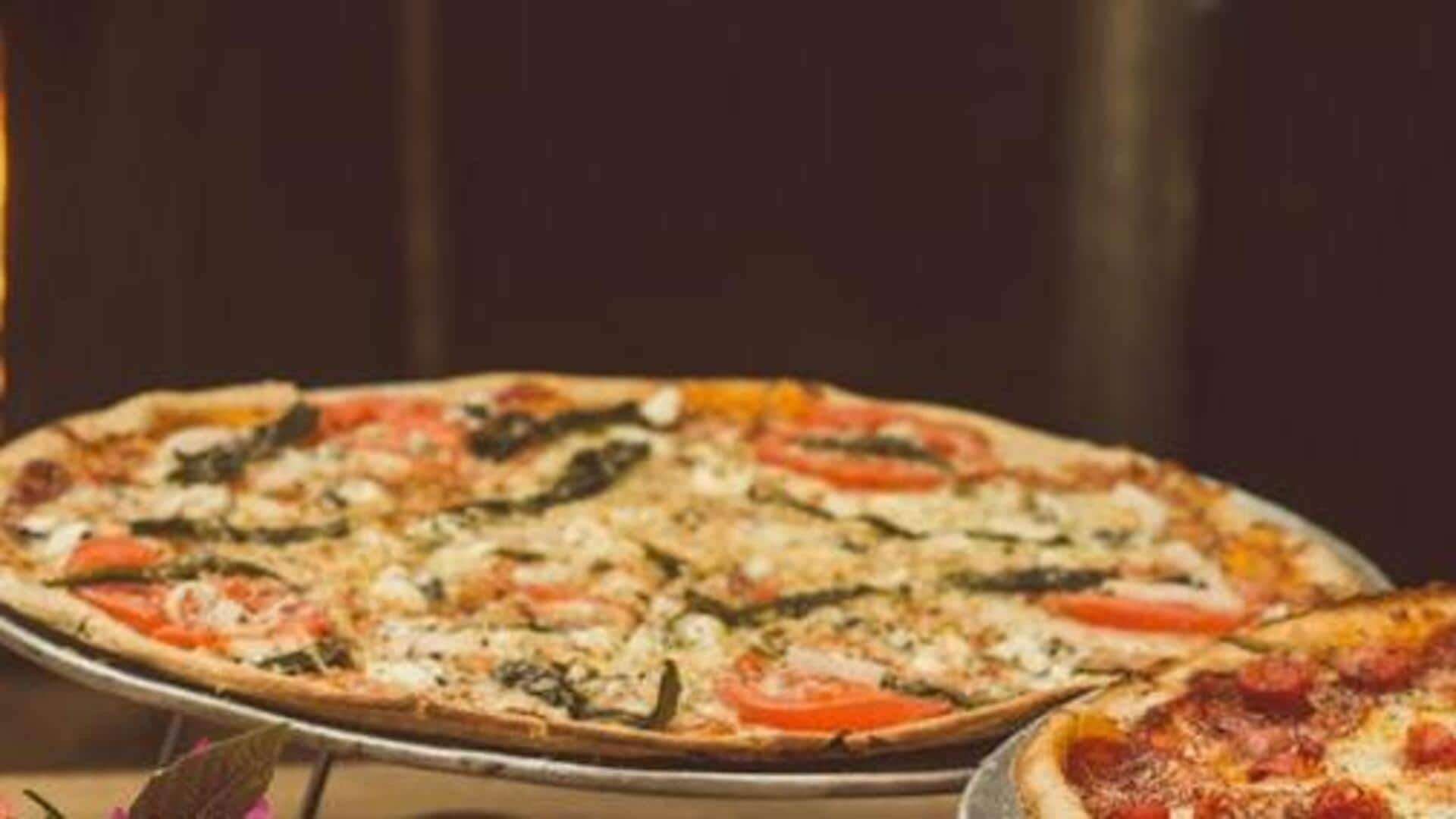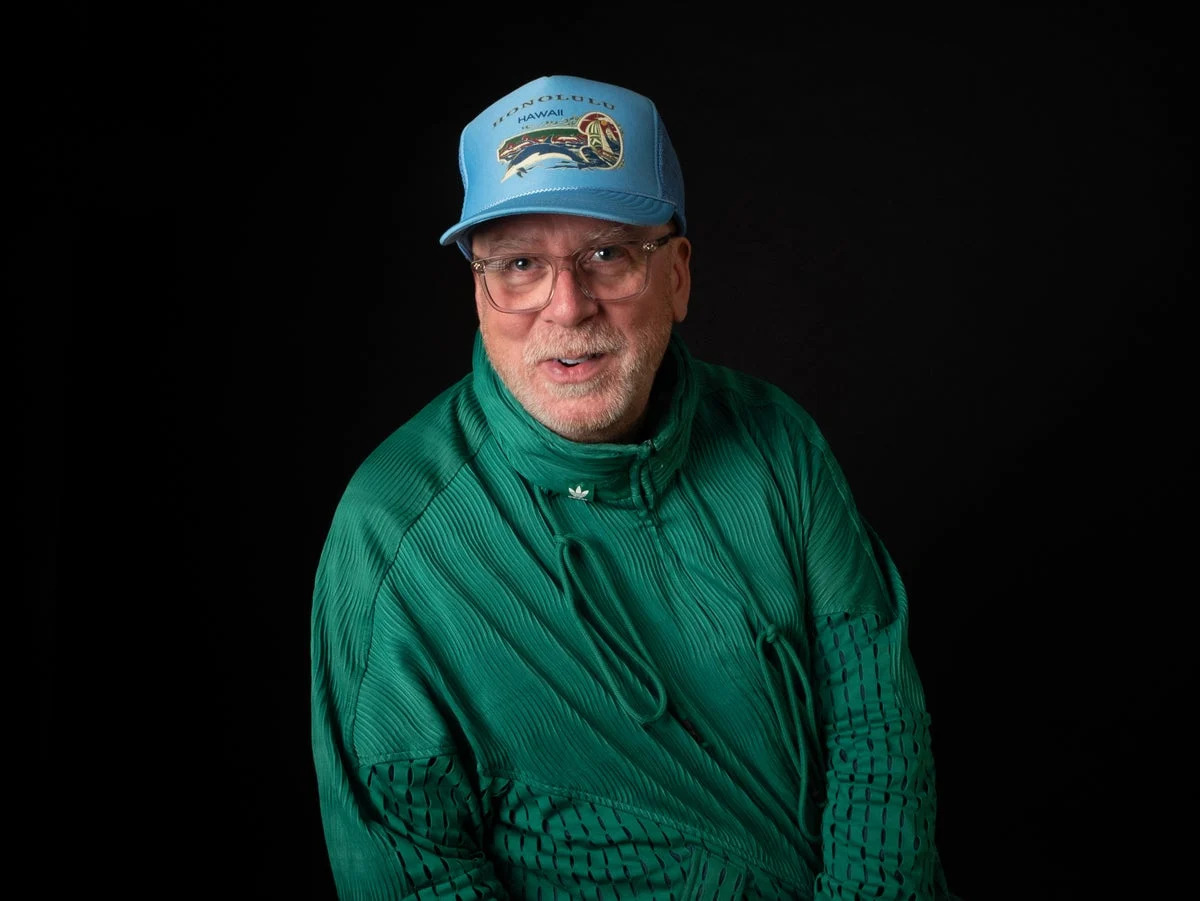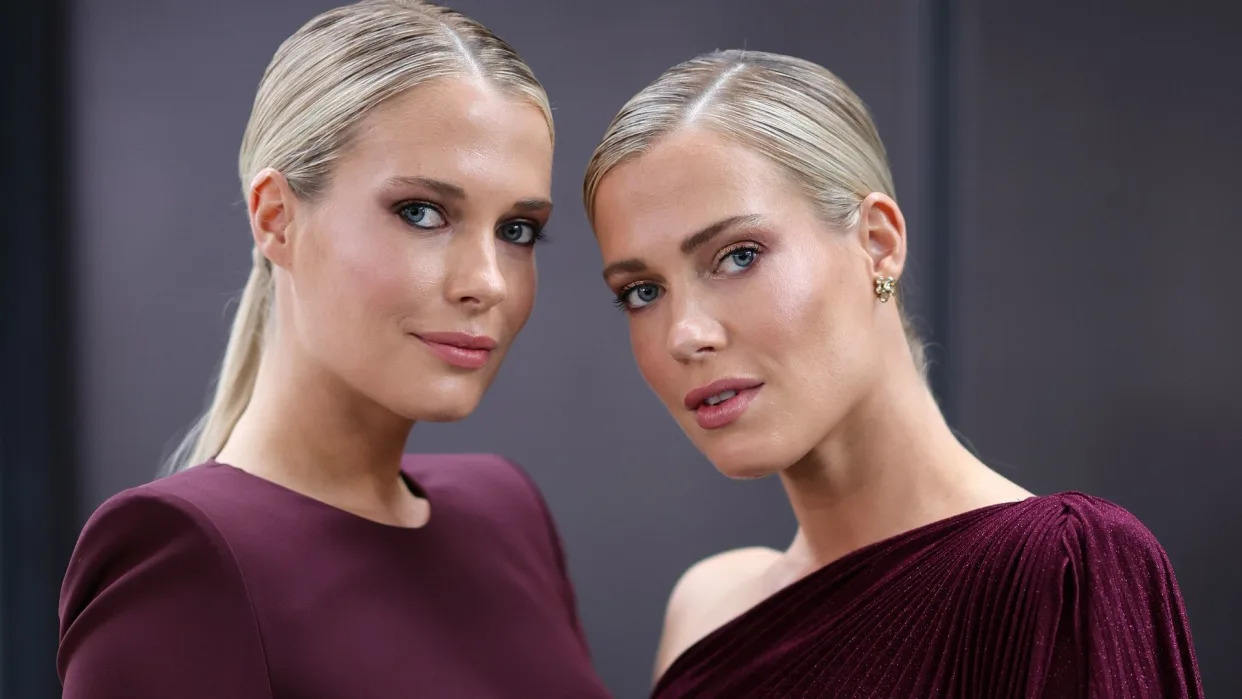There’s day-one fans of , and then there’s , a longtime friend of Christopher Storer, the creator of the FX series who was also an executive producer of his Hulu comedy drama Ramy. “I’ve been a fan of The Bear since before we knew if it was going to get picked up,” he tells . “Chris sent me the pilot, and it kind of blew me away.
” A longtime friend and collaborator of the creator of the FX series, Youssef has been nominated for an Emmy for outstanding directing after stepping behind the camera for season two’s “Honeydew” episode, which finds Marcus (Lionel Boyce, who is nominated for outstanding supporting actor) in Copenhagen, crafting unique pastries alongside Will Poulter’s staunch chef Luca. (Poulter also has been nominated for his guest actor role.) The opportunity to direct, Youssef jokes, was born purely out of necessity rather than any sort of preferential treatment.

“Honestly, I got the job really out of scheduling issues. Chris called me and was like, ‘Listen, man, I can’t be in two places at once. I trust you to do your thing,’ and he let me go do that.
” Youssef’s planned couple of days of scouting turned into weeks spent exploring Denmark’s capital. “In a way, that process was similar to the roaming around that ends up being in the episode,” he says. “It’s a love letter to that city.
” It was a really cool experience to walk through Copenhagen with him. We staged [the French term for shadowing chefs] at Noma, so we got to be in this legendary kitchen together and talk about how this is his character’s first time out of the country, and he wants to be expansive, but he’s also scared. Lionel is such an empathetic person and such a great presence onscreen.
So much of the Marcus character comes from his essence. So it was really beautiful to get to work on that with him and also get to shape that dynamic between him and Luca, Will Poulter, where you have this more stoic, beaten-down chef, who is kind of moved by Marcus’ essence, and it almost takes him back a bit to remembering why he started. Lionel, as a person, brings that really beautiful curiosity that inspires everybody around him.
With those two guys, it’s just, how do you get out of the way? It’s hard to take any sort of credit when you have a great script, you have a great show, and you have great actors. The conversations that I had with Will were about the Marcus character leaving this really hectic Chicago kitchen and coming to Copenhagen to focus on just the craft. Something Chris and I, on the early seasons of , talked a lot about was, how do we find a grounded way to portray prayer onscreen — something I felt was missing in contemporary film and TV.
And I think the way that we approached this episode is that act of baking as prayer. They’re really isolating just the prayer and removing it from the church or the mosque or the synagogue, just focusing on the act itself. [Marcus] was leaving the hecticness of the institution, of the kitchen, and just focusing on that small piece itself.
So they have this little enclave where they get to focus on why they love it. I don’t think that was originally the end of the episode, but I remember we found that moment in the edit. For the scale of what the episode was, that felt like the largest achievement.
If you think about anything you work at, you get this feeling when you feel it expanding you — and that might not be perceptible to others, but you see it and you feel it. I remember going through the footage and seeing that piece from Lionel and also feeling it on set. At some point, I looked at Chris and I was like, “I really think it could end here because this feels so beautiful.
” Driven by his performance, you get the feeling that, wow, something expanded, something shifted. And we just got to witness that little glimpse of growth that in so many ways is way more enjoyable than anything that anyone else would ever see externally. It’s always those little things.
On the page, that’s probably the scene that Chris and I had the most conversations about, making sure that we accurately landed the emotion there. We talked a lot about service and that phrase, “the service industry.” And I think that moment was all service, no industry.
There’s nothing in it for me other than a pure act of service that transcends culture and language and is just this really small bit of a day that by all other accounts is actually kind of meaningless. But it’s so full of meaning because you see this guy who can’t help but take care of people. That scene ultimately became about the hug.
It became about that moment where, as an audience and even as a fan of this particular show, you’re trained for tension, but it doesn’t happen. And I think there’s something really nice about that because life is like that. Sometimes you are bracing yourself, like, oh wait, something’s about to happen.
And then it just doesn’t. THR Newsletters Sign up for THR news straight to your inbox every day More from The Hollywood Reporter.



















